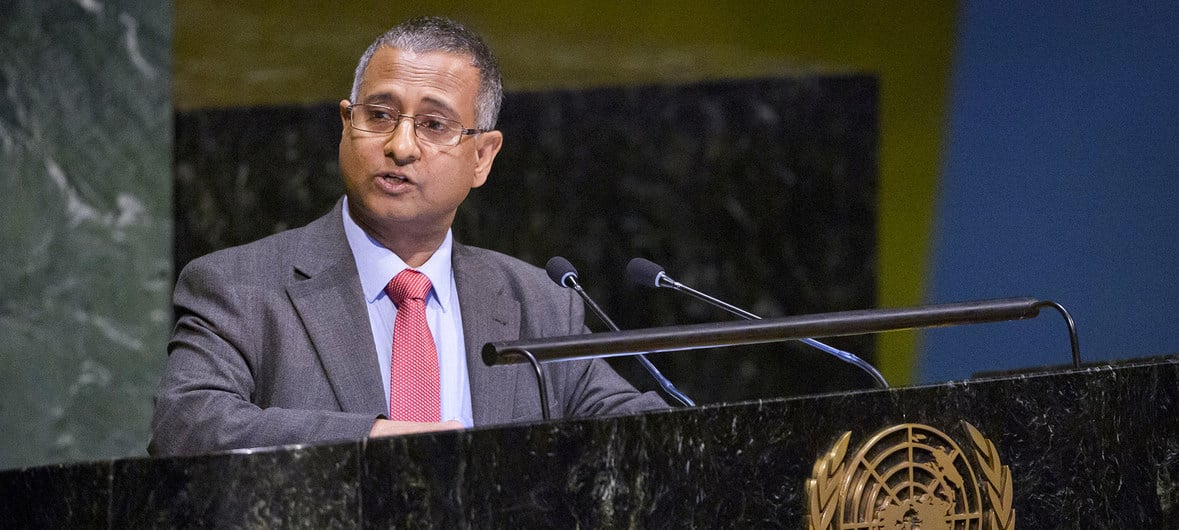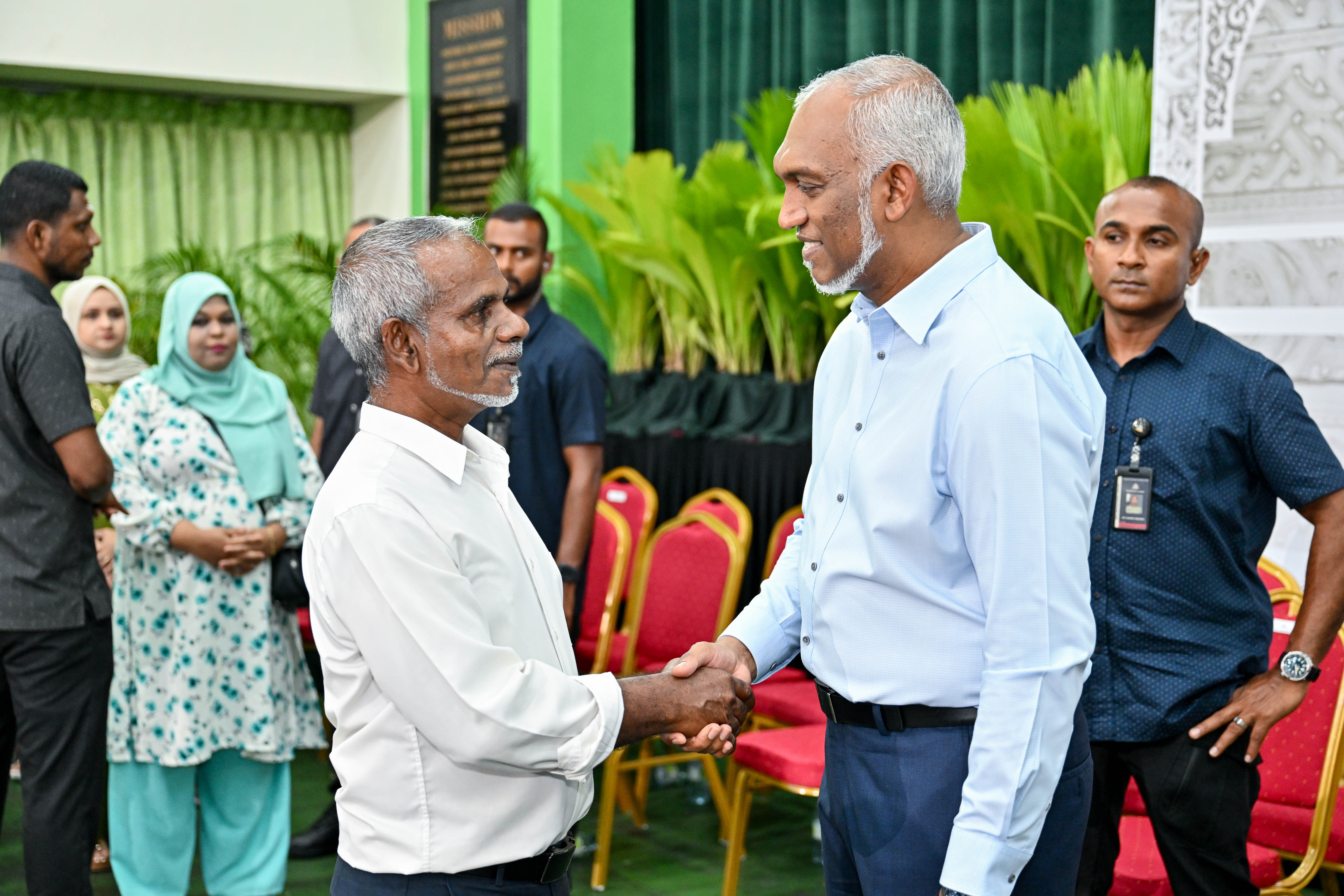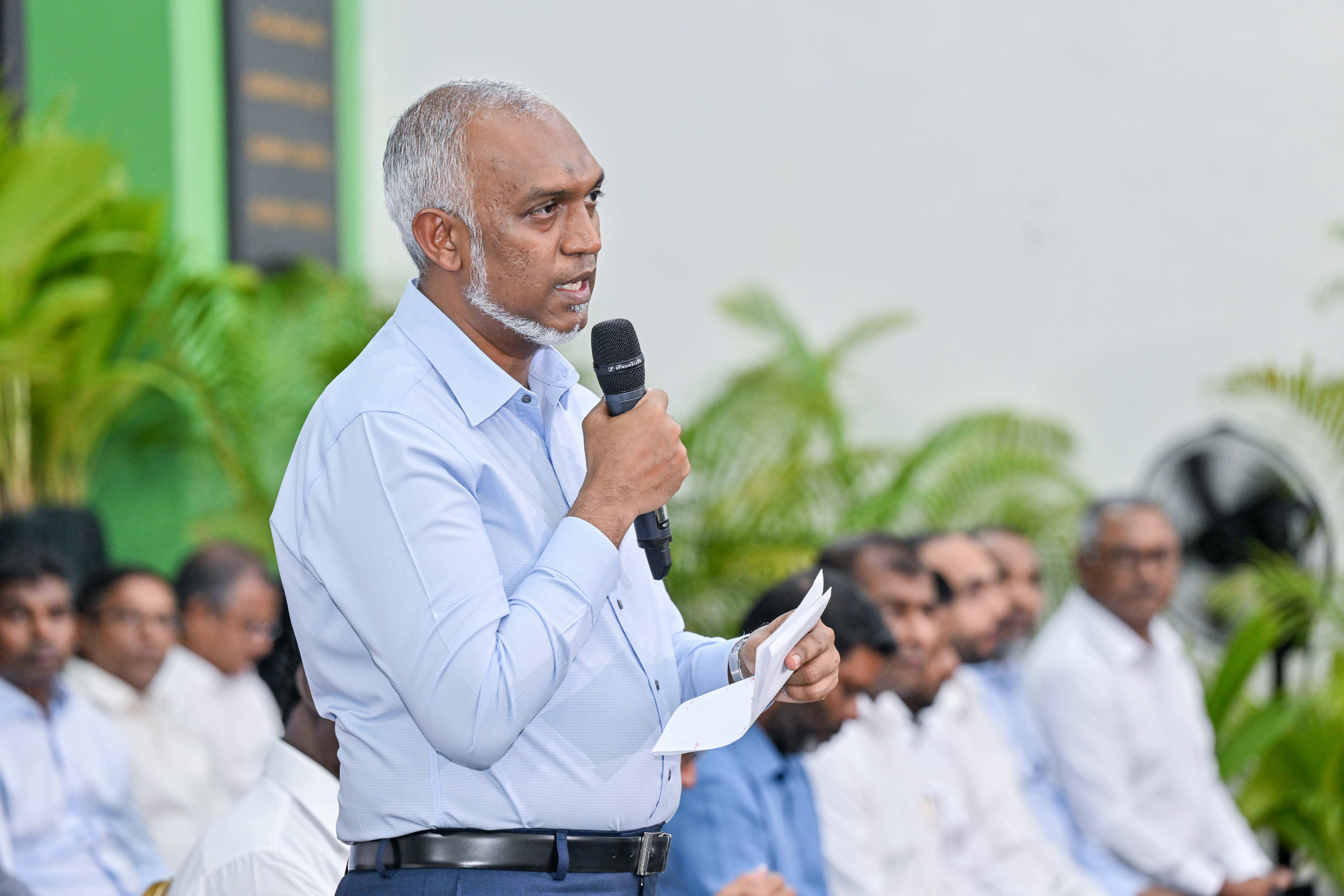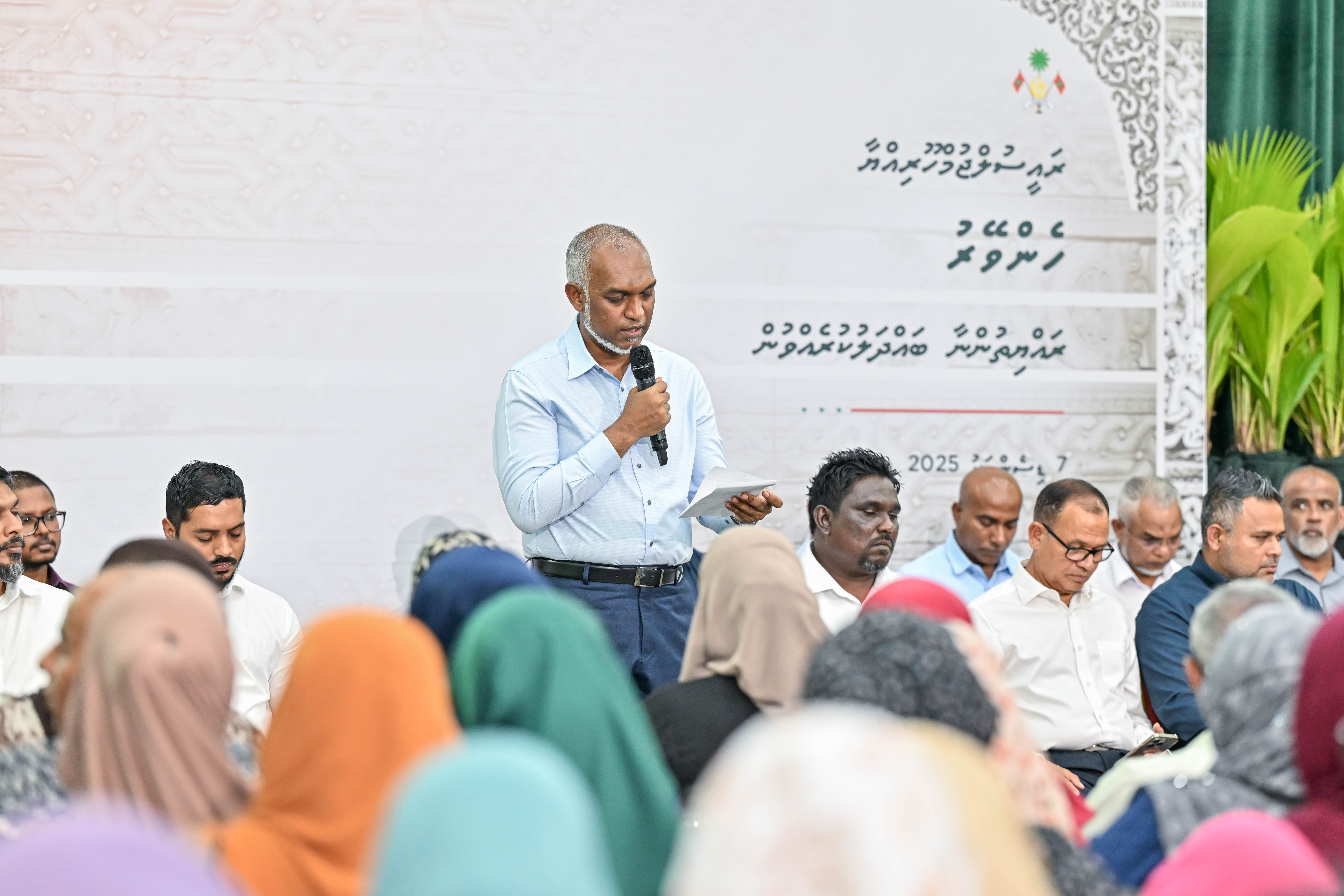United Nation Special Rapporteur on freedom of religion or belief, Dr. Ahmed Shaheed, and a team of Special Rapporteurs of UN, has jointly called the Sri Lankan government, to reconsider the guidelines set by the Ministry of Health of Sri Lanka on the autopsy practice and the disposal of COVID-19 related dead body.
As per the recent guidelines by the Ministry of Health of Sri Lanka, a body related to death either confirmed or suspected of COVID-19, should be cremated within 24 hours (preferably within 12 hours) according to the guidance listed below;
• The body should never be washed, under any circumstance.
• The body has to be placed in a sealed body bag and a coffin.
• Exclusive cremation.
• The disposal of bodies must be monitored by police, Ministry of Health, and Public Health Inspector.
Following the amended guidelines, the UN Special Rapporteur team has raised that the amendment is inconsistent with the Infection Prevention and Control for the safe management of a dead body in the context of the COVID-19 guideline provided by the World Health Organisation (WHO Guideline). The team also raised the concerns of the lack of consideration provided and the lack of sensitivity in the MoH Guideline to different communities and their religious and cultural practices.
Further detailing, the UN Special Rapporteur team highlighted that under the section on Burial, WHO Guideline provides that people who have died from COVID-19 can be buried or cremated, further indicating that in contexts where mortuary services are not standard or reliably available, or where it is usual for ill people to die at home, families and traditional burial attendants can be equipped and educated to bury people under supervision.
According to the WHO Guidelines, it does not preclude that a person such as a family member or religious leader can prepare the deceased that involves washing, cleaning or dressing the body, tidying hair, trimming nails, or shaving. It only instructed the necessary safety and health precautions to be taken when any person decided to do so according to their customs or religious rites. It also allows for cloth wrapping.
WHO Guideline also highlighted that the dignity of the dead, their cultural and religious traditions, and their families should be respected and protected throughout.
The UN Special Rapporteur team has recommended the government of Sri Lanka that attention to be given in the MoH Guideline to existing cultural and religious sensitivity or traditions in the country in reference to Article 18 of the International Covenant on Civil and Political Rights (ICCPR) protects everyone’s right to freedom of thought, conscience, and religion.
The UN Special Rapporteur team encouraged the government of Sri Lanka to reconsider the provisions in the MoH Guideline by taking into account the key considerations provided by WHO Guideline for the disposal of the bodies of human beings deceased from the COVID-19, and revise the circular accordingly.
As per the recent guidelines by the Ministry of Health of Sri Lanka, a body related to death either confirmed or suspected of COVID-19, should be cremated within 24 hours (preferably within 12 hours) according to the guidance listed below;
• The body should never be washed, under any circumstance.
• The body has to be placed in a sealed body bag and a coffin.
• Exclusive cremation.
• The disposal of bodies must be monitored by police, Ministry of Health, and Public Health Inspector.
Following the amended guidelines, the UN Special Rapporteur team has raised that the amendment is inconsistent with the Infection Prevention and Control for the safe management of a dead body in the context of the COVID-19 guideline provided by the World Health Organisation (WHO Guideline). The team also raised the concerns of the lack of consideration provided and the lack of sensitivity in the MoH Guideline to different communities and their religious and cultural practices.
Further detailing, the UN Special Rapporteur team highlighted that under the section on Burial, WHO Guideline provides that people who have died from COVID-19 can be buried or cremated, further indicating that in contexts where mortuary services are not standard or reliably available, or where it is usual for ill people to die at home, families and traditional burial attendants can be equipped and educated to bury people under supervision.
According to the WHO Guidelines, it does not preclude that a person such as a family member or religious leader can prepare the deceased that involves washing, cleaning or dressing the body, tidying hair, trimming nails, or shaving. It only instructed the necessary safety and health precautions to be taken when any person decided to do so according to their customs or religious rites. It also allows for cloth wrapping.
WHO Guideline also highlighted that the dignity of the dead, their cultural and religious traditions, and their families should be respected and protected throughout.
The UN Special Rapporteur team has recommended the government of Sri Lanka that attention to be given in the MoH Guideline to existing cultural and religious sensitivity or traditions in the country in reference to Article 18 of the International Covenant on Civil and Political Rights (ICCPR) protects everyone’s right to freedom of thought, conscience, and religion.
The UN Special Rapporteur team encouraged the government of Sri Lanka to reconsider the provisions in the MoH Guideline by taking into account the key considerations provided by WHO Guideline for the disposal of the bodies of human beings deceased from the COVID-19, and revise the circular accordingly.


















